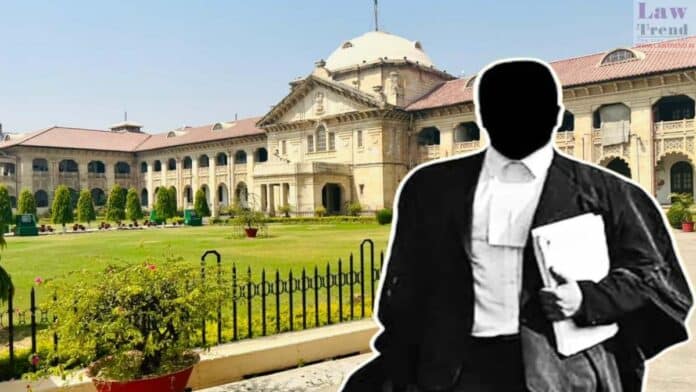The Allahabad High Court, in a significant ruling, has dismissed a writ petition filed by a lawyer seeking a departmental enquiry against a Jal Nigam employee, holding that a stranger or a “busybody” lacks the locus standi to initiate such proceedings. Justice Ajay Bhanot, presiding over the single-judge bench, concluded that the petition was an
To Read More Please Subscribe to VIP Membership for Unlimited Access to All the Articles, Download Available Copies of Judgments/Order, Acess to Central/State Bare Acts, Advertisement Free Content, Access to More than 4000 Legal Drafts( Readymade Editable Formats of Suits, Petitions, Writs, Legal Notices, Divorce Petitions, 138 Notices, Bail Applications etc.) in Hindi and English.




